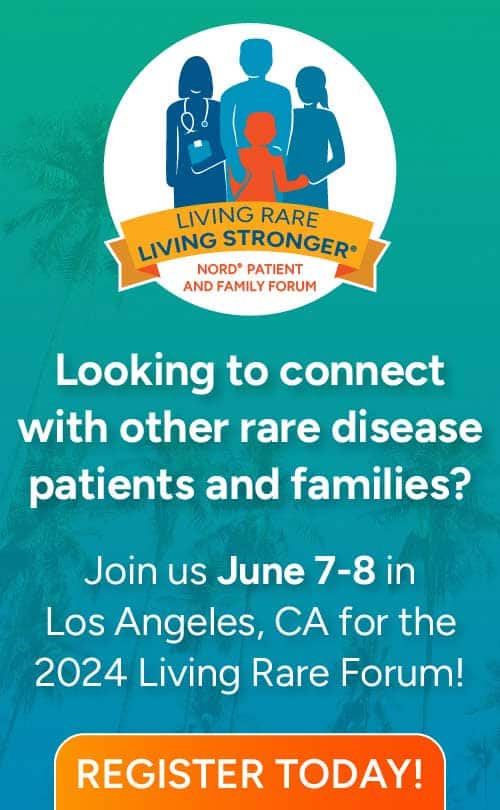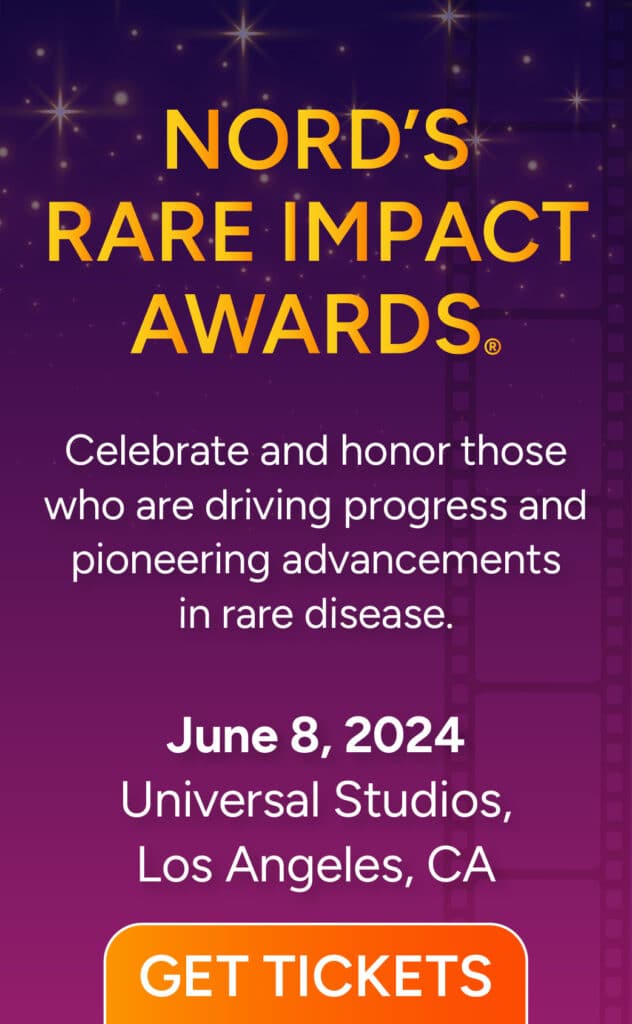Research study is open to participants worldwide to advance understanding and treatments for rare disease causing non-syndromic intellectual disability ranging from mild to severe with attention deficits, impulsivity, and/or mood disorders. Seventy to eighty percent of children with SYNGAP1 also have some type of epilepsy and the SYNGAP1 gene has been linked to autism.
Houston, Texas, and Danbury, CT, December 23, 2016—Bridge the Gap – SYNGAP Education and Research Foundation has launched the largest-ever study to research SYNGAP1 that causes intellectual disability, speech delay, hypotonia, and linked to a spectrum of epilepsies. SYNGAP1 currently has no cure.
“SYNGAP1 Natural History Study (NHS) Registry will provide a complete picture of each patient’s experience with SYNGAP1,” said Monica Weldon, President/CEO, “We are launching this initiative to help fill the missing link researchers and medical experts need to advance research and get to a cure.”
To help drive awareness and participation, Bridge the Gap – SYNGAP Education and Research Foundation will be launching the NHS Registry in late December of 2016 and offering a webinar (TBA) for SYNGAP1 community members. We introduced the program and spotlighting the platform at our First International SYNGAP1 Conference November 30 – December 1, 2016 in Houston, Texas at the Texas Children’s Woman’s Pavilion to clinicians, scientists and families in attendance.
“Our goal is to enroll as many patients, or their parents or legal guardians, as possible,” said Weldon. “The success of the registry is dependent upon community participation.” SYNGAP1 Natural History Study (NHS) Registry is a natural history study that consists of electronic surveys to collect information about the patient experience and disease progression. Patients, or their caregivers or guardians, can enter information from anywhere in the world. The data is made anonymous and stored securely in an online portal called a registry. Bridge the Gap – SYNGAP Education and Research Foundation may share the data but not your personal identifying information with individuals or institutions conducting research or clinical trials, as approved by the study’s governing board that includes scientists, doctors and patient advocates.
Bridge the Gap – SYNGAP Education and Research Foundation is launching the study in collaboration with the National Organization for Rare Disorders (NORD), an independent charity that built its natural history study platform as part of its mission to help identify and treat all 7,000 rare diseases. Funding is supported by a cooperative agreement between NORD and the U.S. Food and Drug Administration (FDA). The FDA has praised NORD’s program as a helpful tool “that protects the security and privacy of personal information, while making valuable information available to a researcher or drug developer interested in creating a new therapy for a rare disease.”1
NORD President and CEO Peter L. Saltonstall said, “NORD’s natural history studies platform empowers patients and families to drive research and eliminate some of the unknowns that still exist in rare diseases. We are glad to be working with our Member Organization on this project and thank the FDA for its support and ongoing commitment to help people with rare diseases.”
The incidence of SYNGAP1 mutations reported are 1-4/10,000 individuals or approximately 1-2% of all cases of ID. A mutation in the SYNGAP1 gene results in non-syndromic intellectual disability in children ranging from mild to severe with attention deficits, impulsivity, and/or mood disorders. Seventy to eighty percent of children with SYNGAP1 also have some type of epilepsy. In recent findings SYNGAP1 has been a gene linked to autism. For more information, visit https://syngap1registry.iamrare.org
###
About Bridge the Gap – SYNGAP Education and Research Foundation
Bridge the Gap – SYNGAP Education and Research Foundation 501(c)(3) is a non-profit organization whose mission is to serve, educate and fund research for families coping with the effects of SYNGAP1 mutations. Most children benefit from occupational, physical and speech therapy emphasizing that early diagnosis and developmental intervention is important to ensure that affected children reach their full potential. Currently there are no treatments as researchers and clinicians are still trying to understand the biology of the disease. Our international outreach for SYNGAP1 children gathers critical information, which is needed to drive research towards more immediate therapeutic solutions. Our mission is to improve the quality of life for people affected by SYNGAP1 and provide family support, accelerating research and raising awareness. Every child with SYNGAP1 provides information that can guides us to a cure.
About National Organization for Rare Disorders (NORD)
An independent 501(c)(3) nonprofit organization, NORD is the leading advocacy organization representing all patients and families affected by rare diseases in the U.S. Established in 1983, NORD is committed to the identification, treatment and cure of the 7,000 rare diseases that affect 30 million Americans, or 1 in every 10 people, through programs of advocacy, education, research, and patient/family services. In addition to educational resources for patients, families, medical professionals and students available on its website (www.rarediseases.org), NORD represents 250 member organizations and collaborates with many others in specific causes of importance to the rare disease patient community.
Contact:
Monica Weldon; President/CEO
Bridge the Gap – SYNGAP Education and Research Foundation
admin@bridgesyngap.org
832-671-0010
Jennifer Huron
NORD
jhuron@rarediseases.org
203-304-7258



